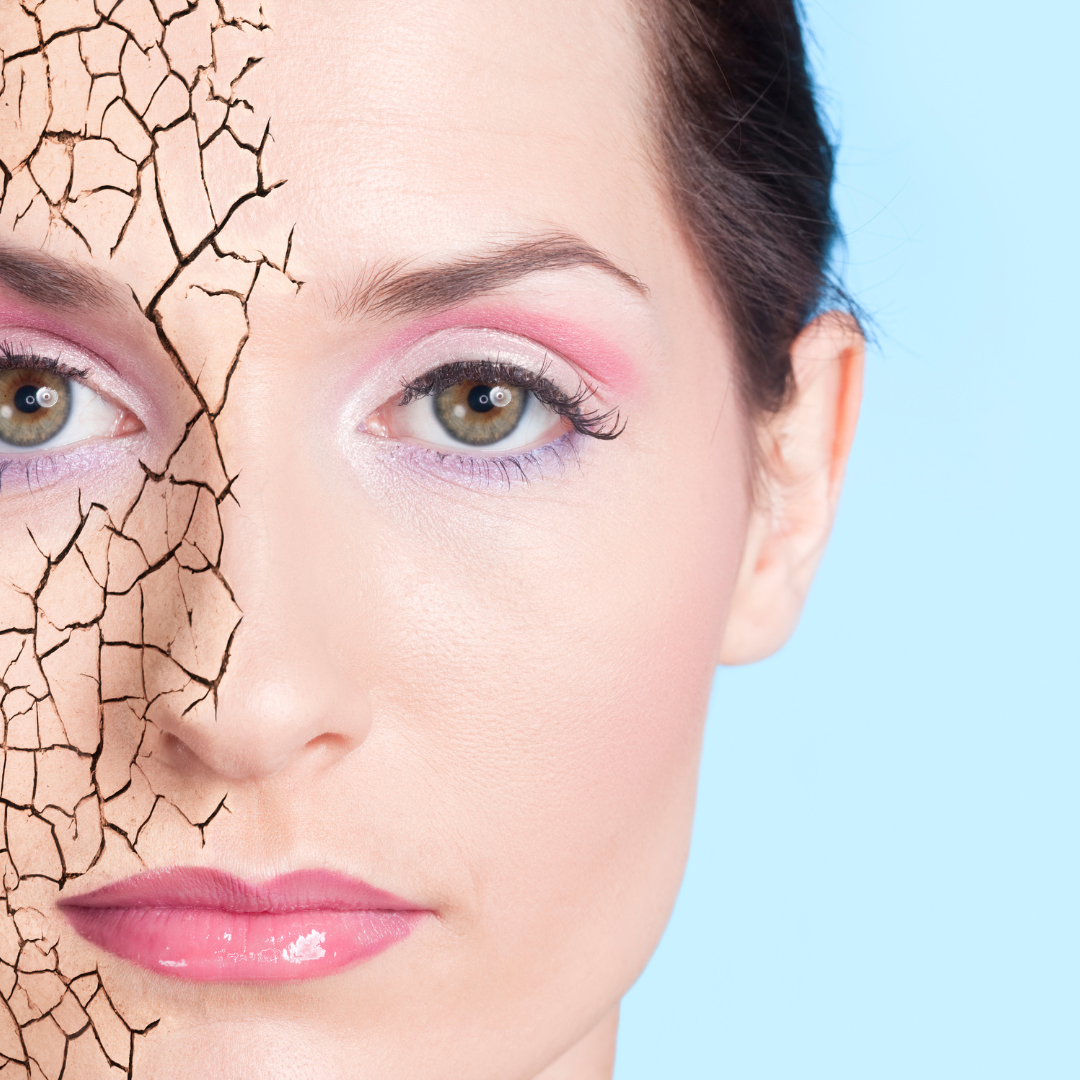Circadian Rhythms: The Science Behind Your Skin's Daily Cycle
Circadian rhythms are the natural 24-hour cycles that govern various physiological processes in our bodies, including sleep, metabolism, and hormone production. These cycles are controlled by an internal biological clock located in the brain's hypothalamus, which helps to regulate the body's response to external cues, such as light and temperature.
Skin, being the largest organ in the body, also follows a circadian rhythm. Throughout the day, the skin undergoes various processes to protect, repair, and regenerate itself. By understanding these daily fluctuations, you can optimise your skincare routine to align with your skin's natural rhythm, ensuring that it remains healthy and radiant around the clock.
Morning Skincare: Preparing Your Skin for the Day
During the day, the skin is primarily focused on protection. It must guard against environmental stressors, such as UV radiation, pollution, and temperature fluctuations, which can all contribute to premature ageing and other skin concerns. To support your skin's daytime functions, your morning skincare routine should focus on providing protection and hydration.
- Cleansing: Start your day with a gentle cleanse to remove any lingering impurities from the night before. Opt for a mild, hydrating cleanser that won't strip your skin of its natural oils.
- Antioxidants: Incorporate an antioxidant-rich serum or moisturiser to help neutralise free radicals generated by exposure to UV radiation and pollution. Ingredients like vitamin C, vitamin E, and ferulic acid can provide powerful antioxidant protection.
- Hydration: Choose a lightweight, hydrating moisturiser that will keep your skin moisturised throughout the day without feeling heavy or greasy.
- Sun Protection: Apply a broad-spectrum sunscreen with a minimum SPF of 30 to shield your skin from the sun's harmful UV rays. This is a crucial step in preventing premature ageing and protecting your skin's overall health.
Evening Skincare: Repairing and Regenerating Your Skin
As the day comes to an end, the focus of your skin's circadian rhythm shifts from protection to repair and regeneration. Your evening skincare routine should support these processes by providing nourishment, hydration, and targeted treatments for any specific skin concerns.
- Double Cleansing: Remove makeup, sunscreen, and daily grime with a two-step cleansing process. Start with an oil-based cleanser to break down oil-soluble impurities, followed by a water-based cleanser to remove any remaining debris.
- Exfoliation: Incorporate a gentle exfoliation step to remove dead skin cells and promote cell turnover. This can be done using chemical exfoliants, such as alpha-hydroxy acids (AHAs) or beta-hydroxy acids (BHAs), or physical exfoliants like a gentle scrub. Exfoliate no more than twice a week to avoid over-exfoliating the skin.
- Targeted Treatments: Apply any targeted treatments, such as retinoids or peptides, which can help to address specific skin concerns like fine lines, wrinkles, or hyperpigmentation. These ingredients work best at night when the skin is in repair mode.
- Hydration and Nourishment: Finish your evening routine with a rich, hydrating moisturiser or facial oil to lock in moisture and provide essential nutrients to support the skin's overnight regeneration process.
Sleep: The Ultimate Skincare Ingredient
Adequate sleep is a vital component of maintaining healthy, radiant skin. During sleep, the skin's repair processes are most active, with increased blood flow, cell turnover, and collagen production all taking place. To ensure that your skin can fully benefit from these regenerative processes, aim for seven to nine hours of quality sleep each night.
Consider creating a sleep-friendly environment by reducing exposure to blue light from electronic devices before bedtime, maintaining a consistent sleep schedule, and creating a relaxing bedtime routine to signal to your body that it's time for rest.
Diet and Exercise: Supporting Your Skin from Within
While topically applied products are essential for maintaining healthy skin, it's important not to overlook the impact of diet and exercise on your skin's overall health. A well-balanced diet rich in antioxidants, healthy fats, and essential nutrients can help support your skin's natural repair processes and promote a radiant complexion.
Include foods high in antioxidants, such as berries, leafy greens, and nuts, to help combat free radical damage. Healthy fats, like those found in avocados, olive oil, and fatty fish, can help maintain your skin's natural barrier function, while essential nutrients like vitamins A, C, and E, as well as zinc and selenium, support skin health.
Regular exercise can also play a role in promoting healthy skin. Physical activity helps to increase blood flow, delivering oxygen and nutrients to the skin while also promoting the removal of waste products. Aim for at least 150 minutes of moderate-intensity aerobic exercise or 75 minutes of vigorous-intensity aerobic exercise per week, along with strength training activities on two or more days per week.
Adapting Your Skincare Routine for Seasonal Changes
As the seasons change, so do the demands on your skin. To ensure that your skin remains healthy and radiant year-round, it's essential to adapt your skincare routine to suit the changing environmental conditions.
During colder months, focus on providing extra hydration and nourishment to combat the drying effects of cold air and indoor heating. Opt for richer moisturisers and consider incorporating a facial oil to lock in moisture and protect your skin's natural barrier.
In warmer months, switch to lighter, water-based moisturisers and increase your sun protection efforts. Be vigilant about reapplying sunscreen throughout the day, particularly if you're spending time outdoors or in the water.
By tailoring your skincare routine to align with your skin's circadian rhythm, as well as considering factors such as sleep, diet, exercise, and seasonal changes, you can ensure that your skin remains radiant and healthy 24/7.





